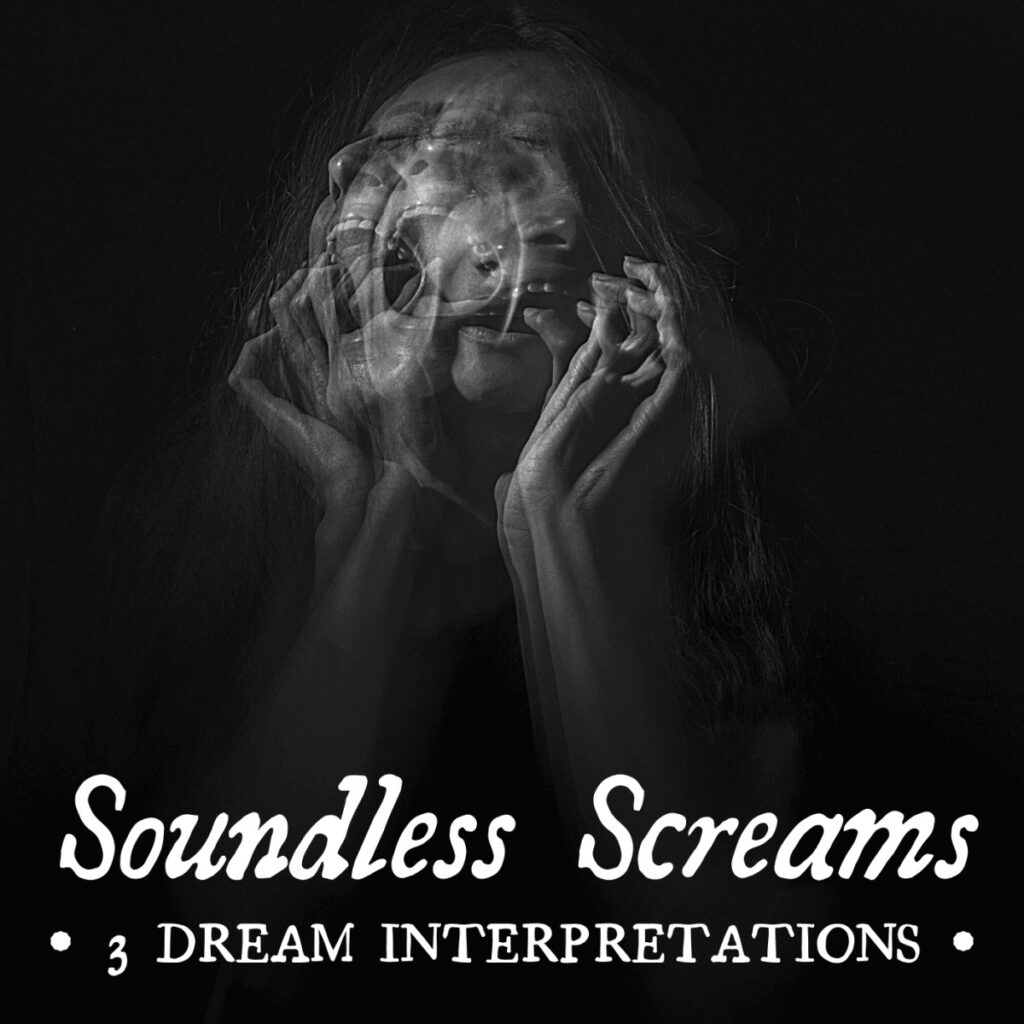Have you ever had a dream in which you were in a frightening situation, but no matter how hard you tried, you just couldn’t scream? You are not alone. This phenomenon, known as “can’t scream in dreams,” is surprisingly common and is often associated with feelings of confusion and distress. In this article, we will explore the mysterious meaning behind this phenomenon and provide insight into why it may be happening.
Definition of Dreams
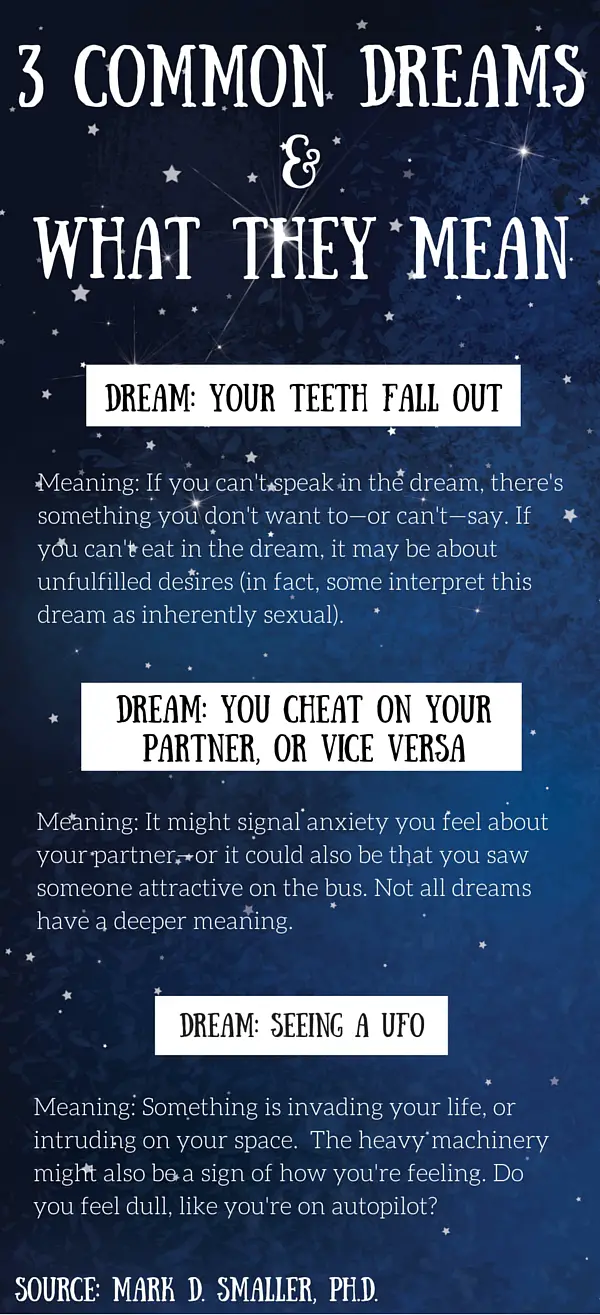
| Term | Description |
|---|---|
| Dreams | A series of images, ideas, emotions, and sensations occurring in one’s mind during sleep |
Dreams are the stories our mind tells us while we sleep. They can be vivid and realistic or abstract and vague, and often depict events that have recently occurred or are anticipated to occur in the future. Dreams can involve anything from flying to talking animals, and can range from pleasant memories to terrifying nightmares.
Types of Dreams
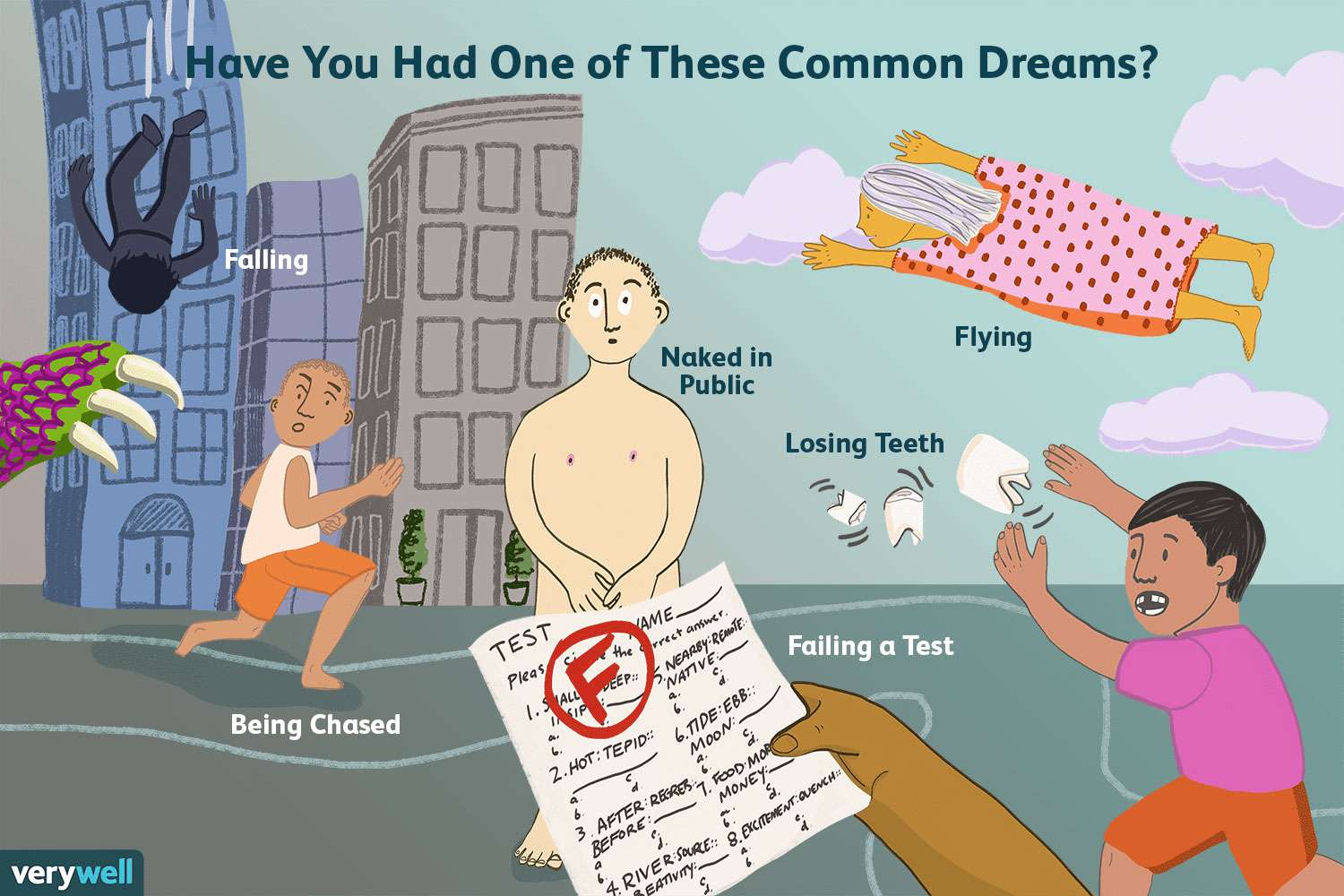
- Lucid Dreams: Dreams that are self-aware, where the dreamer has control over their actions.
- Nightmares: Dreams that are often filled with fear and anxiety.
- Daydreams: Dreams that occur during the day, usually when the dreamer is bored or daydreaming.
- Recurring Dreams: Dreams that are repeated over time.
- Prophetic Dreams: Dreams that seem to predict the future.
- Precognitive Dreams: Dreams that can give insight into upcoming events.
- Responsive Dreams: Dreams that are influenced by the dreamer’s environment or surroundings.
What is Screaming in Dreams?
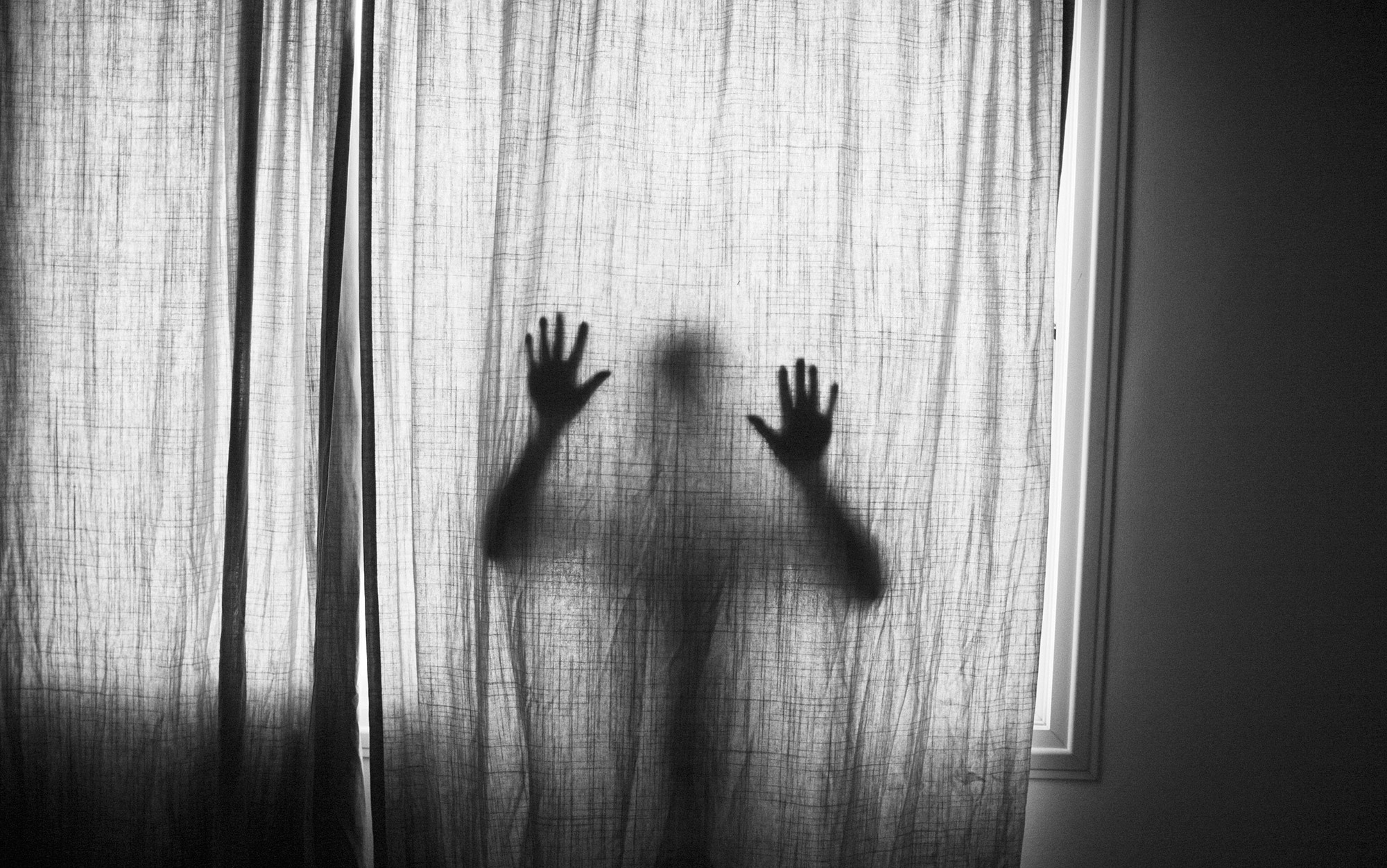
Screaming in dreams is an experience that many people report having. It occurs when a person is dreaming and they feel an intense emotion, usually fear, that leads to them screaming in the dream. The scream may be loud enough to wake them up, or it may be a quieter scream that only they can hear. Screaming in dreams can be very disconcerting, as it can feel like it is happening in real life. People often report feeling overwhelmed with fear, confusion, and even panic when they experience this.
Screaming in dreams can also be a sign of unresolved issues or trauma. If a person has experienced a traumatic event in the past, it is possible for them to relive the experience in their dreams, which may lead to them screaming. It can also be a sign of fear of something unknown, or a feeling of being trapped in a situation. Whatever the cause, screaming in dreams can be a sign that the dreamer needs to address the underlying issue or fear.
Theories on Screaming in Dreams
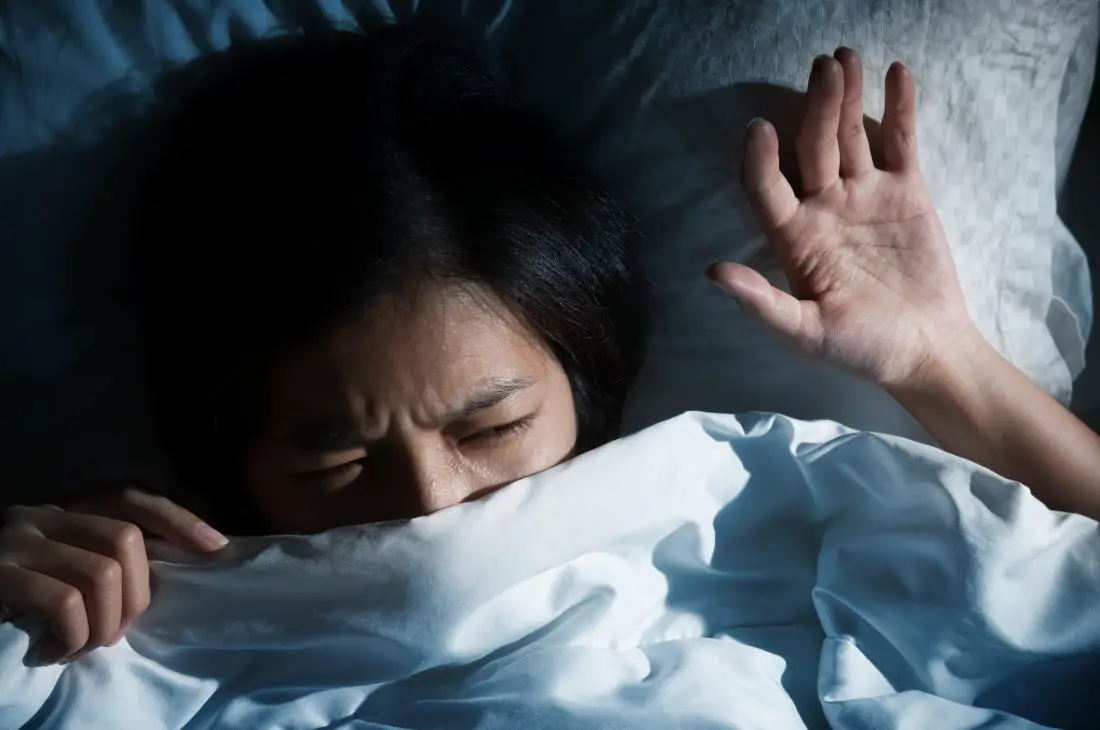
| Theory | Explanation |
|---|---|
| Regulation of Emotion | It is believed that this inability to scream is the body’s way of regulating emotions and preventing the dreamer from experiencing too much fear or stress. |
| Paralysis | This theory suggests that the inability to scream is due to sleep paralysis, a phenomenon that occurs when the brain and body are in different states of consciousness. |
| Psychological | This theory suggests that the inability to scream may be a defense mechanism employed by the subconscious mind to protect the dreamer from the fear and terror they are experiencing in their dream. |
| Neurological | This theory suggests that the inability to scream may be caused by a disconnection between the part of the brain responsible for conscious thought and the part of the brain responsible for controlling vocalization. |
The most common theories on why people cannot scream in their dreams involve psychological and neurological explanations. Regulation of emotion, paralysis, and psychological defense mechanisms all play a role in this phenomenon. Neurological explanations, such as a disconnection between the parts of the brain responsible for conscious thought and vocalization, are also suggested. Ultimately, the inability to scream in dreams remains a mystery, and further research is needed to understand the phenomenon.
Physiological Explanation
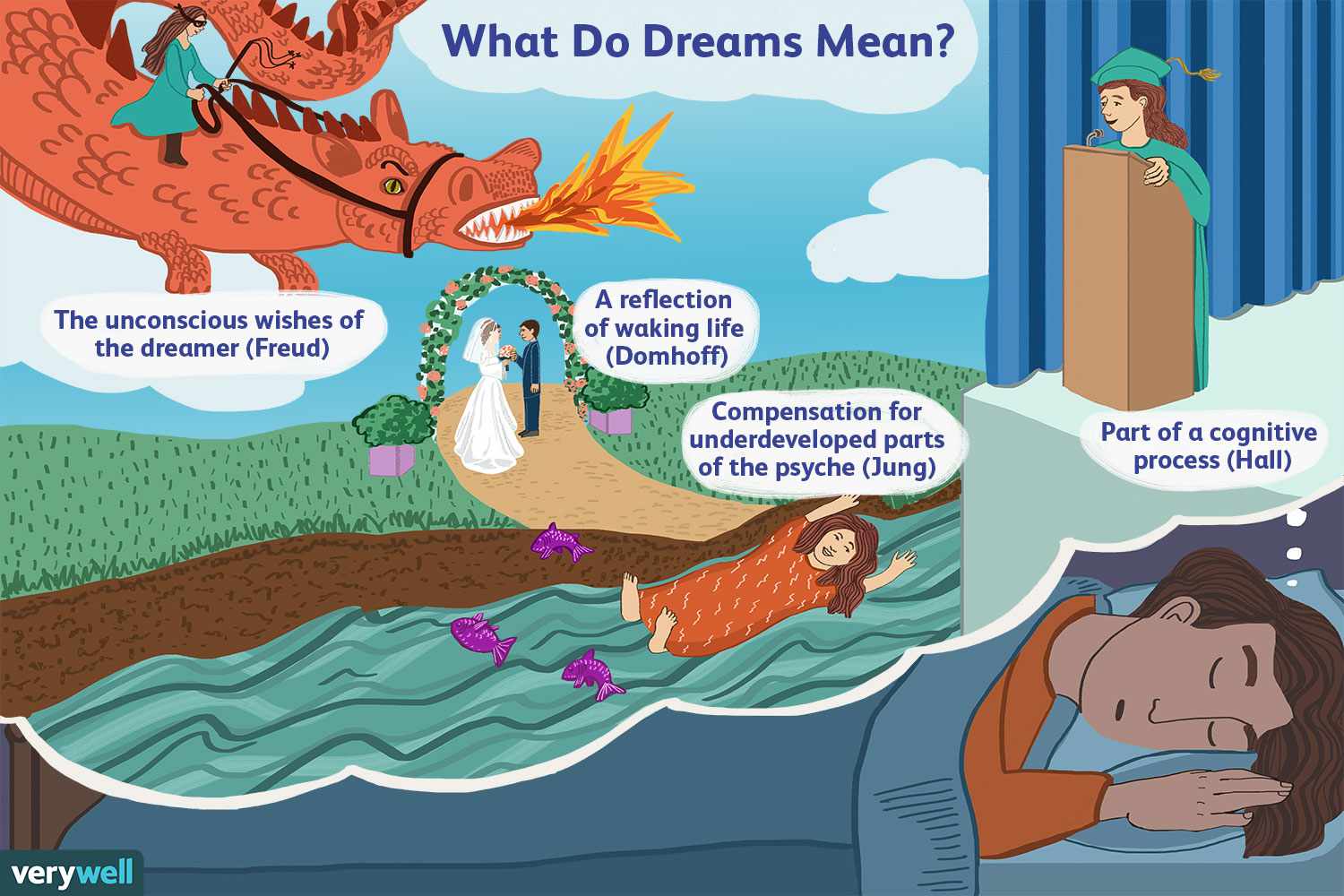
| Brain Area | Role |
|---|---|
| Cerebral Cortex | Involved in motor control, speech and thought |
| Thalamus | Stimulates the cerebral cortex and sensory systems |
| Amygdala | Involved in the control of emotions |
| Hypothalamus | Regulates body temperature, hunger, thirst and sleep |
During dreaming, the cerebral cortex is temporarily inactivated and motor control is impaired. The thalamus is over-stimulated, resulting in increased activity in the amygdala and hypothalamus, which control emotions and regulate sleep, respectively. This means that the dreamer is unable to control their emotions and may feel intense fear or anxiety, which prevents them from screaming.
Psychological Explanation
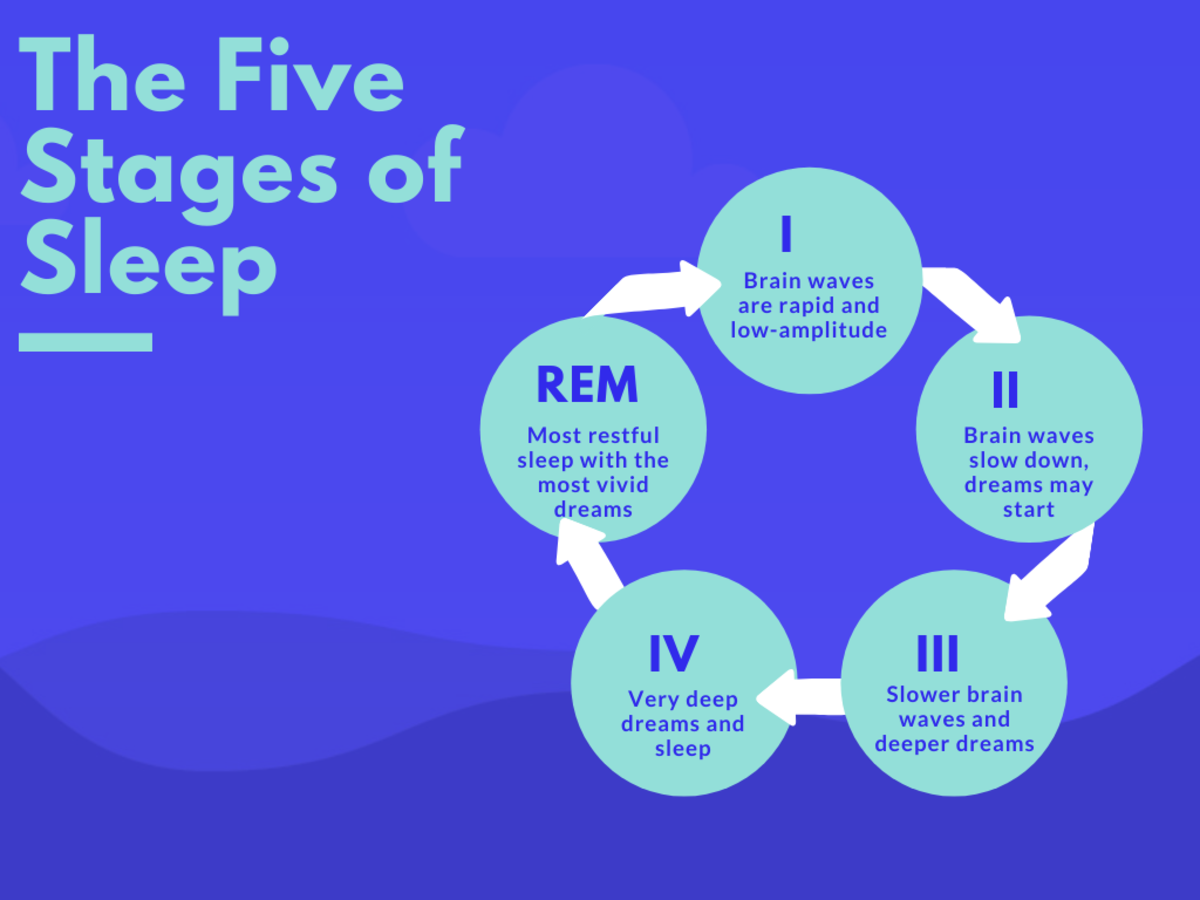
The inability to scream in a dream is referred to as a phenomenon called dream paralysis. It is a state of partial or total muscle paralysis that occurs during the transition between wakefulness and sleep. It is thought to be linked to a psychological anxiety response, which is triggered when the dreamer is aware of the dream and unable to move or speak. This anxiety response causes the dreamer to be unable to scream, as the vocal cords become paralyzed. As a result, the dreamer may experience feelings of terror and helplessness. This can lead to intense nightmares and even sleep paralysis.
Causes of Screaming in Dreams
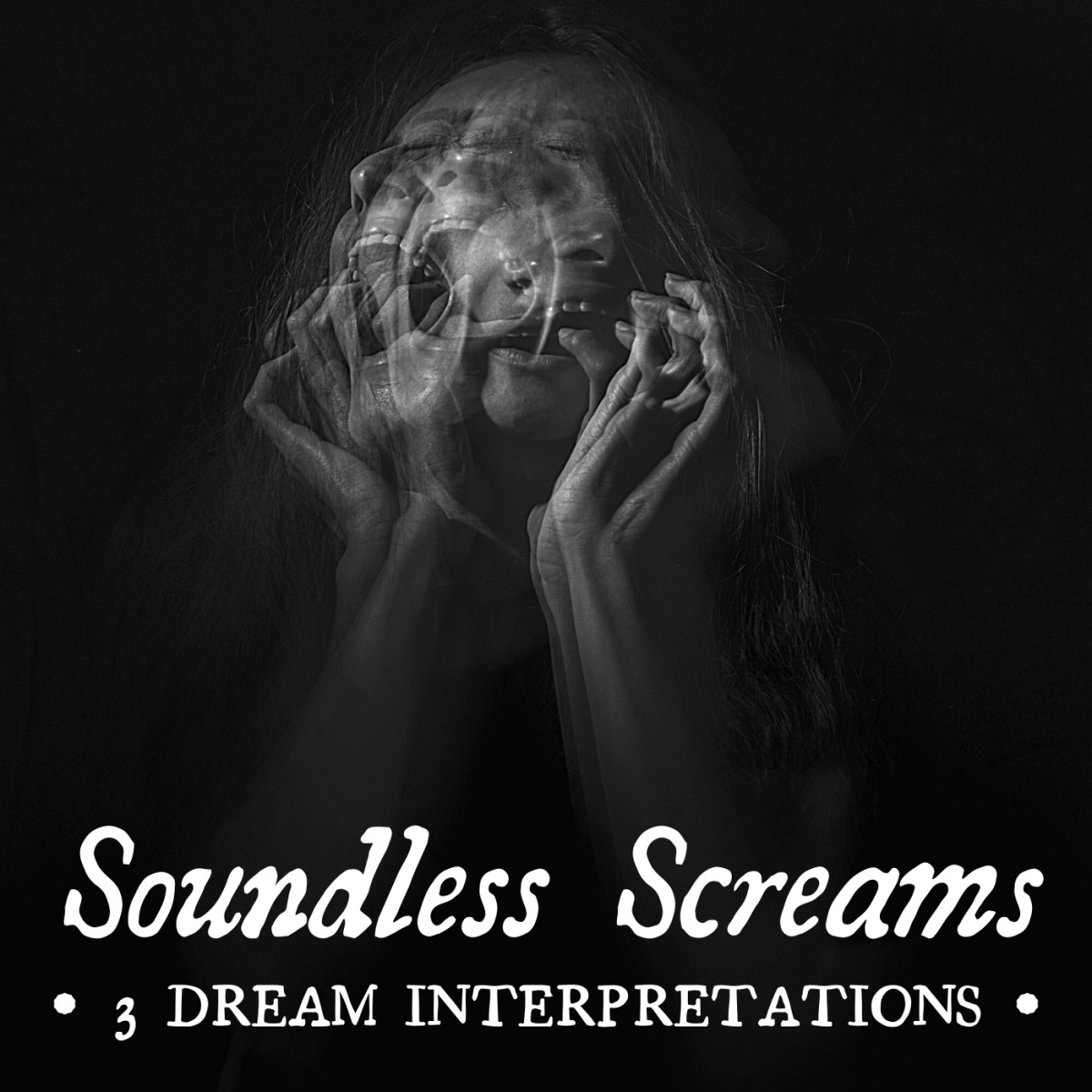
| Dreams | Causes |
|---|---|
| Nightmares | Fear or anxiety experienced during a dream |
| Stress-related Dreams | When a person is under stress, the brain may manifest this in a dream which could include screaming |
| Lucid Dreams | When a person is aware that they are dreaming, they may scream to try to wake themselves up |
| Night Terrors | A type of sleep disorder in which a person awakes in fear and may be unable to move or scream |
Screaming in dreams can be caused by a variety of factors. Nightmares are the most common cause of screaming in dreams, as fear or anxiety experienced during a dream may result in a scream. Stress-related dreams can also cause screaming, as the brain may manifest the stress in a dream in the form of a scream. Lucid dreaming, when a person is aware that they are dreaming, may also cause screaming as a person may try to wake themselves up. Finally, night terrors, a type of sleep disorder, can cause screaming in dreams as the person may wake in fear and be unable to move or scream.
Fear
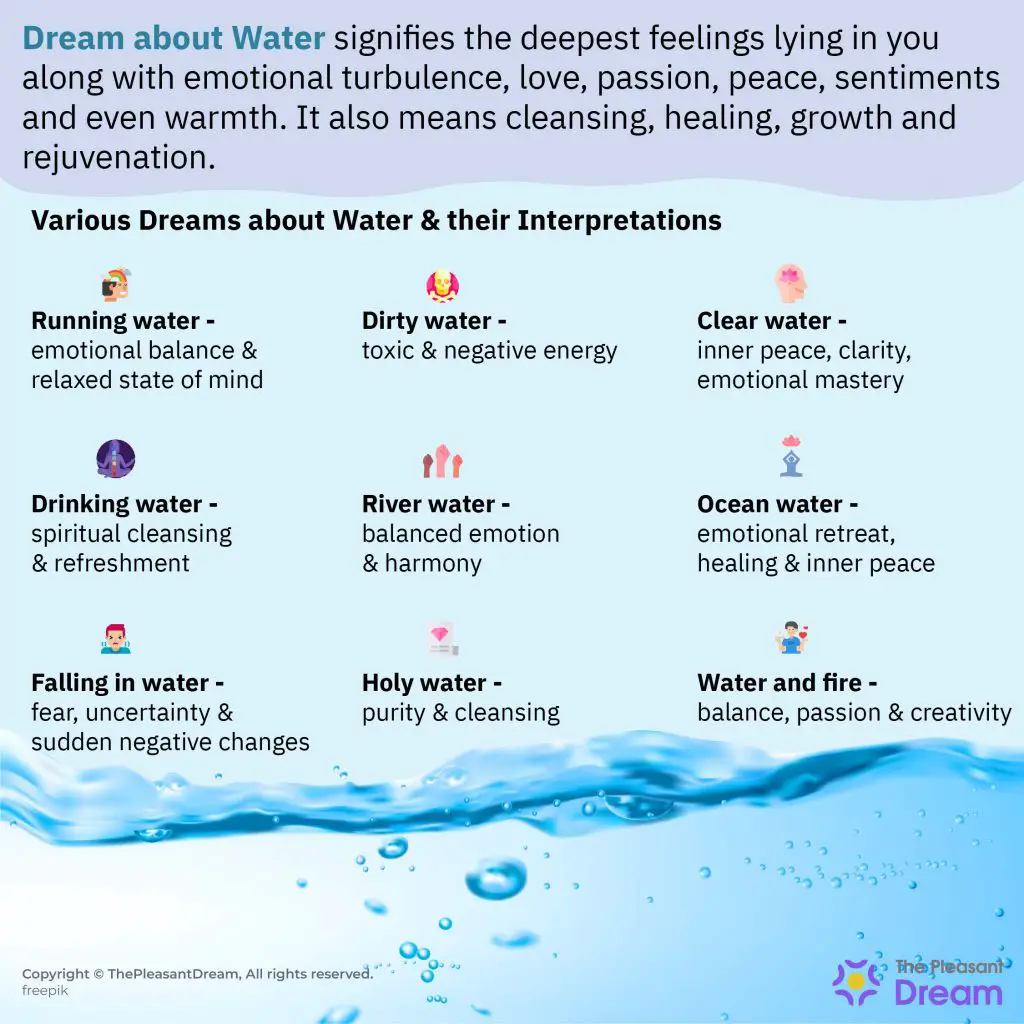
Fear is a powerful emotion that can be triggered by an inability to scream in dreams. It can cause people to wake up in a state of panic and distress, feeling overwhelmed and unable to control their environment. Fear can cause physical reactions such as rapid breathing, increased heart rate, and sweating. It can also lead to thoughts of danger and dread, and can be difficult to shake off after waking. In some cases, fear can become so intense that it can cause nightmares, which can be extremely difficult to cope with. People who suffer from chronic fear as a result of dreams may need to seek professional help in order to overcome their fear and start to feel more in control of their environment.
Anxiety
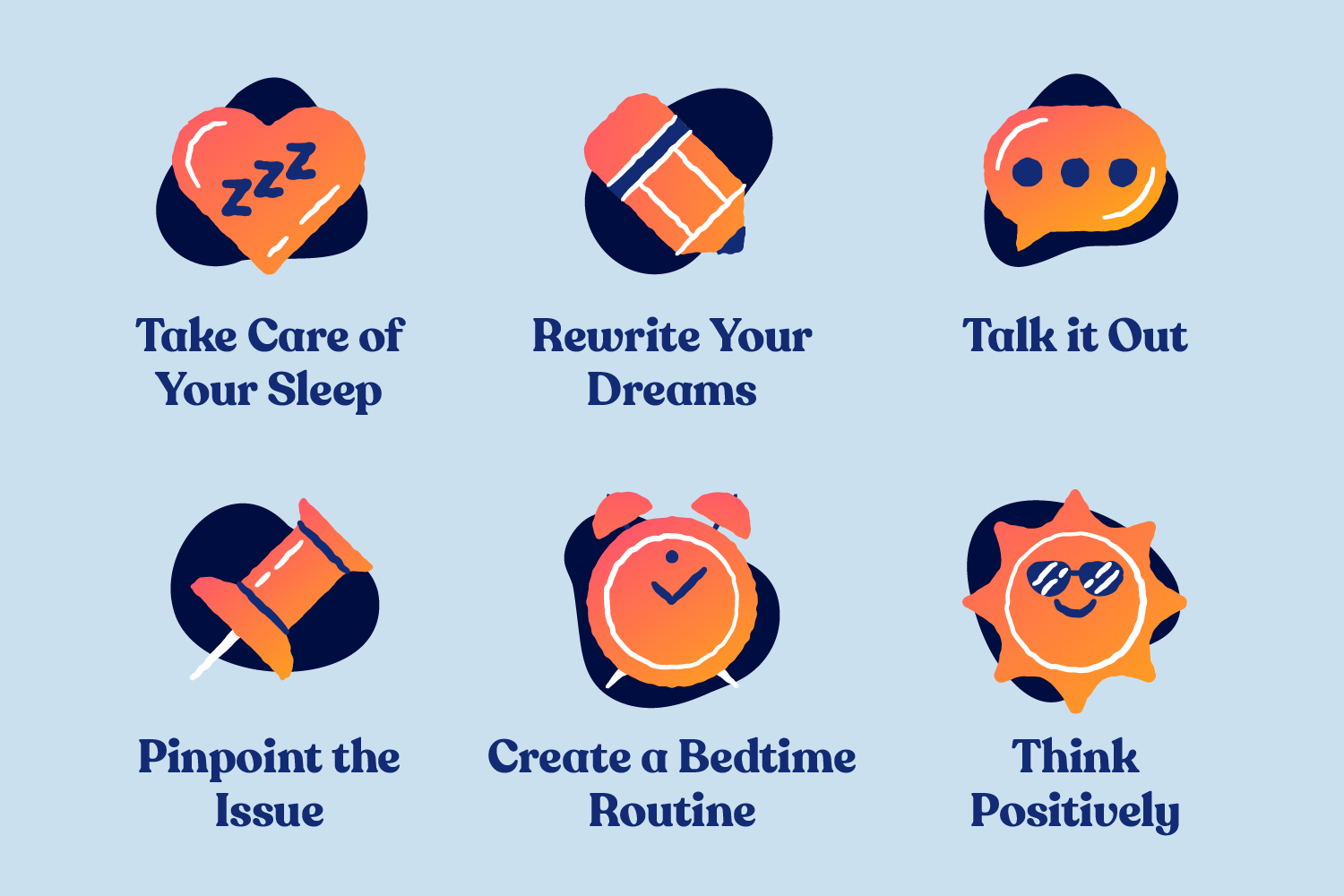
Dreams are a way for the subconscious mind to process unresolved emotions. When people experience anxiety in their dreams, they are often unable to scream because they are stuck in a state of emotional paralysis. The inability to scream in dreams can be linked to feelings of powerlessness or helplessness in the waking world. People who feel overwhelmed or overwhelmed by life’s stresses often feel like they don’t have the energy to scream or react in any way. This paralysis of emotion can create an internal struggle, where the person is unable to express or process their feelings, leading to further anxiety. The inability to scream can be a sign of anxiety that needs to be addressed. People who experience this type of anxiety can benefit from therapy or counseling to help them learn how to express their emotions in a healthy way.
Trauma

People who have suffered trauma often experience nightmares and may struggle to find ways to express their emotions. Screaming in dreams can be an expression of the intense emotions that are difficult to put into words. It is also a way to release the pain and terror that can be associated with traumatic experiences. When people cannot scream in their dreams, it can be a sign of repression or avoidance of the trauma they have experienced. It can be a sign that they are not ready to confront the painful emotions associated with their trauma. People who cannot scream in their dreams can benefit from therapy and other forms of support to help them process the trauma and learn strategies for expressing their emotions.
Benefits of Screaming in Dreams

- Allows for a release of pent-up emotions such as fear and anger.
- Provides an outlet for stress, anxiety, and other negative feelings.
- Releases endorphins and other hormones that help to relieve stress.
- Facilitates expression and communication of emotions.
- Helps to process unresolved issues, conflicts, and traumas.
- Stimulates creativity, imagination, and insight.
- Promotes healing and self-discovery.
Stress Release

| Exercise | Regular physical activity can help reduce stress. |
| Meditate | Meditation can help reduce stress and can also help to put things in perspective. |
| Breathe | Taking deep breaths can help your body and mind to relax. |
| Talk it out | Talking to a trusted friend or family member can help to reduce stress. |
| Write it out | Writing down your thoughts and feelings can help to reduce stress. |
| Laugh it out | Laughter is one of the best stress relievers. |
| Take a break | Taking a break from stressful situations can help to reduce stress. |
Unconscious Communication

Humans communicate with each other consciously and unconsciously. Unconscious communication takes place through body language, facial expressions, and other nonverbal cues. It is a form of communication that is not always easy to interpret.
The same can be said of dreams. Dreams are often viewed as a window into our unconscious minds, and can be interpreted in many ways. In some cases, a dream can be a form of unconscious communication. Dreams can be a way of expressing emotions or thoughts that we are unable to express in waking life.
For example, a dream in which a person is unable to scream could be interpreted as a sign of frustration or fear. It could be that the dreamer is feeling helpless or overwhelmed in their life and is unable to express their feelings. It is also possible that the dream is a sign of repressed emotions or a fear of speaking out.
It is important to remember that dreams are not a form of conscious communication, and should not be used as a substitute for real-world communication. If a dream is causing distress or anxiety, it is best to speak to a trusted friend or professional about it.
| Communication type | Interpretation |
|---|---|
| Conscious | Verbal or written language |
| Unconscious | Nonverbal cues, body language, facial expressions |
| Dreams | A window into the unconscious mind, can express emotions or thoughts |
Emotional Release
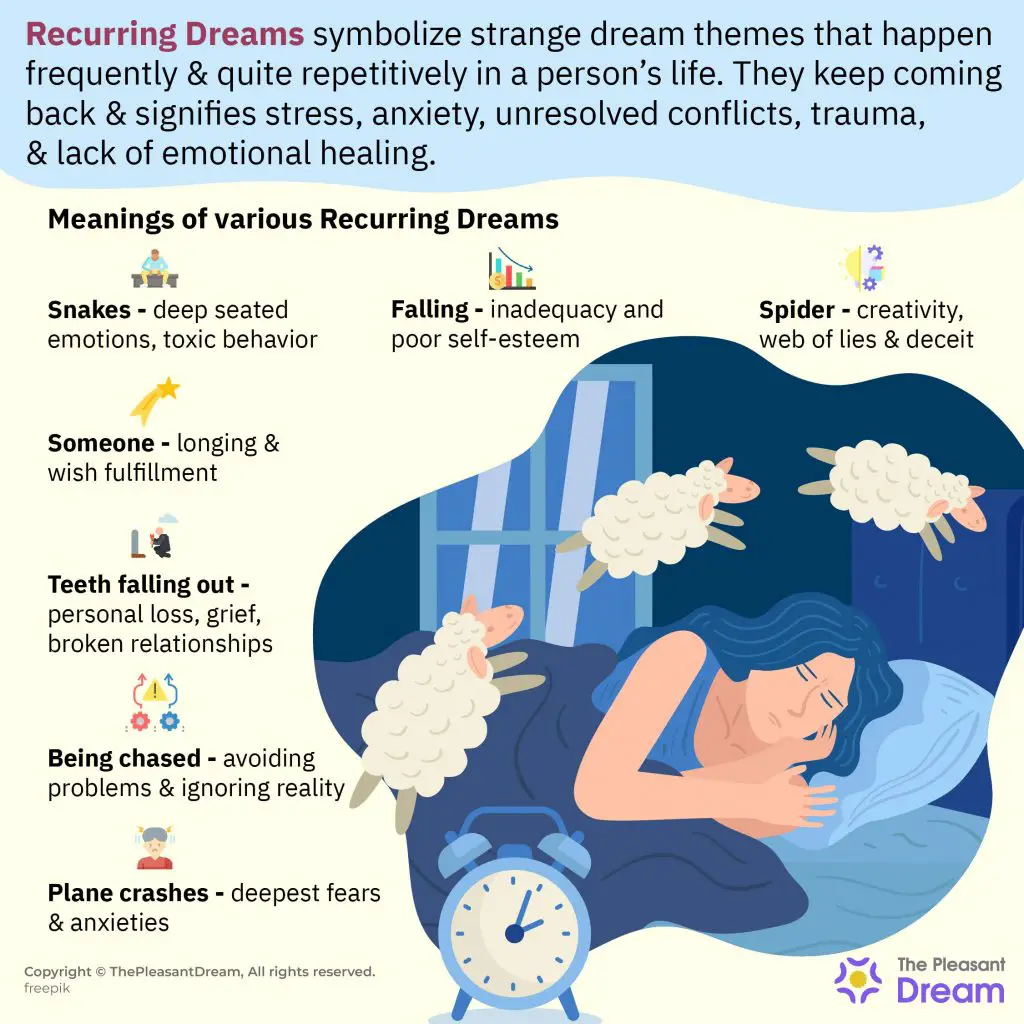
Dreams are the subconscious mind’s way of processing and interpreting the events of the day. When a person is unable to vocalize their emotions during the day, they may find an emotional release in their dreams. This is especially true for those who cannot scream during their waking hours. In dreams, these people can express their emotions and frustrations in any way they want. Screaming is often seen as a way to express intense emotions, and being unable to do so during the day may lead to a release of emotions in the dream state.
In some cases, the inability to scream in the waking world may be caused by a fear of retribution or judgment. However, in the dream world, this fear is no longer present and the individual can express themselves in any way they choose. This can be a great source of relief and can lead to a more emotionally balanced individual in the waking world.
The inability to express emotions in the waking world may also lead to depression and other psychological issues. When a person can’t express their emotions, they may struggle to feel heard and understood. This lack of emotional expression can lead to feelings of isolation and can prevent a person from forming meaningful relationships. By finding a way to express their emotions in the dream world, a person may find relief and be able to develop healthy relationships with others.
Dreams are powerful tools and may be able to provide individuals with a much-needed emotional release. Those who can’t scream in the waking world may find solace in their dreams and be able to express their emotions in a way they would never be able to do in the real world.
Common Dreams That Involve Screaming
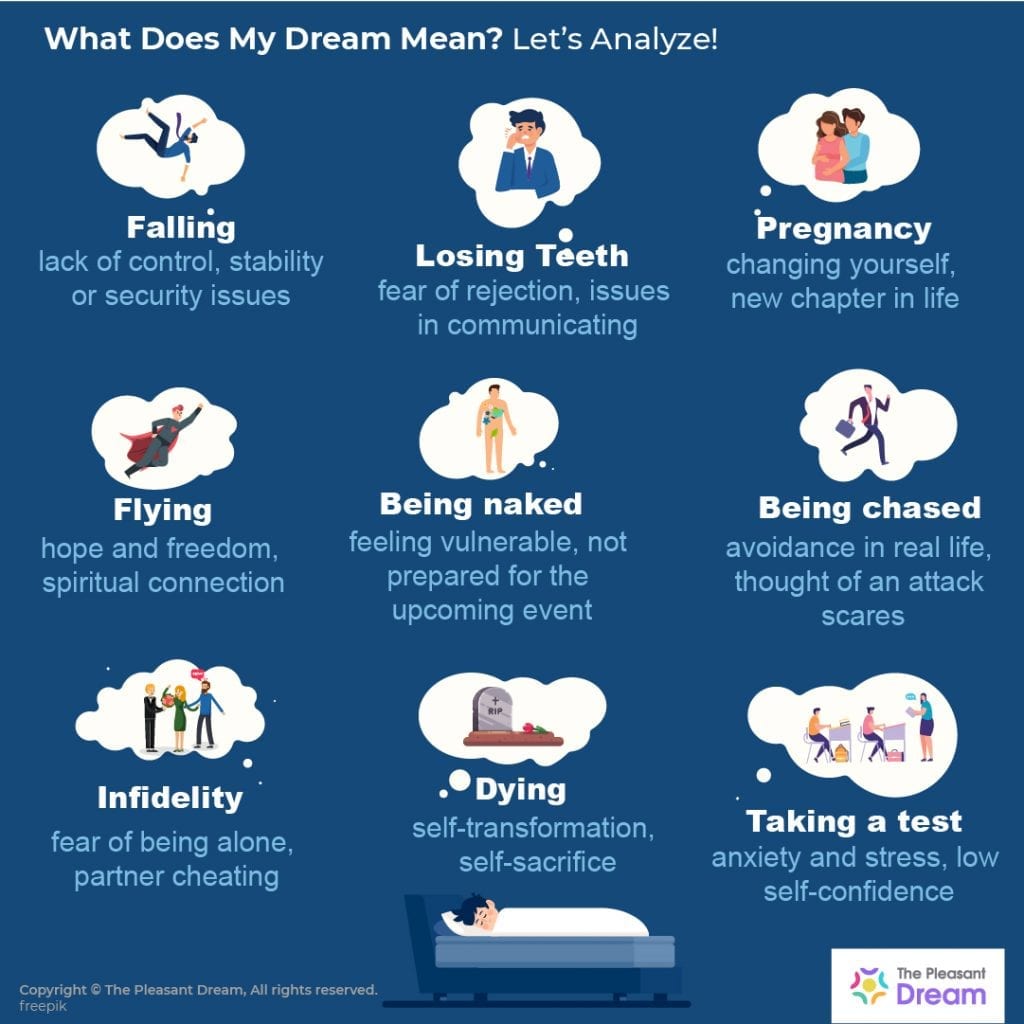
Dreams that involve screaming are generally those of fear, terror and distress. These dreams can range from being chased by unknown figures to being in a dangerous situation. These dreams often coincide with feelings of helplessness, anxiety and stress. Other common dream scenarios that involve screaming include being attacked or threatened, falling from a great height and being in a life-threatening situation. In these dreams, the dreamer is typically unable to control their fear or the situation and can only scream in response. Dreams where the dreamer is screaming in fear but cannot be heard are also quite common, often interpreted as a symbol of being unable to express emotions in waking life.
Being Chased

Dreaming of being chased can be a frightening experience, especially if you are unable to scream for help. The experience of being chased in a dream is often associated with feeling overwhelmed, panicked, and helpless. It can be a sign of feeling trapped or pursued in a stressful situation in your waking life. It can also be a sign of trying to escape from something or someone in your life that you fear. If you can’t scream in your dream, it can be an indication that you feel powerless and unable to speak up or stand up for yourself in your real life. There may be an issue that you are struggling to confront or express in a healthy way.
Falling

- A feeling of freefalling, of being out of control, is a common experience in dreams.
- Falling in dreams can signal a sense of vulnerability or a lack of control in a waking life situation.
- In some cases, falling in a dream may be linked to feeling overwhelmed or anxious about a situation or challenge.
- It can also be a sign of fear or fear of the unknown.
- Falling in a dream can represent a physical or emotional transition in life.
- In other cases, it can symbolize the letting go of something that no longer serves you.
- Falling in a dream can be a sign of lost hope, or a warning to take action on something before it is too late.
Being Lost

| Dreams | Reality |
|---|---|
| You are in an unknown place | You are in a place familiar to you |
| You don’t know where you are going | You are aware of the path you are taking |
| You feel lost and scared | You feel safe and in control |
| You can’t find a way out | You can find an escape route |
Being lost in a dream can be a frightening experience. You are in an unknown place, and you don’t know where you are going or how to find your way out. You feel lost and scared, and you can’t find a way out. But in reality, you are in a place that is familiar to you. You are aware of the path you are taking and feel safe and in control. You can find an escape route.
Nightmares

Nightmares are a common occurrence during sleep, causing feelings of fear, terror, and distress. They can be vivid and realistic, and often involve situations where the dreamer is being chased, attacked, or otherwise frightened. While nightmares can be frightening, they are usually not dangerous and can usually be resolved when the dreamer wakes up. The inability to scream in nightmares is a common occurrence and can be a source of frustration for many people. This phenomenon is linked to the brain’s inability to process the sounds of screaming while in a dream state, as well as the feeling of being unable to move while asleep. While it can be disconcerting, it is important to remember that the inability to scream in dreams is normal, and not a sign of underlying mental or physical health issues.
Definition
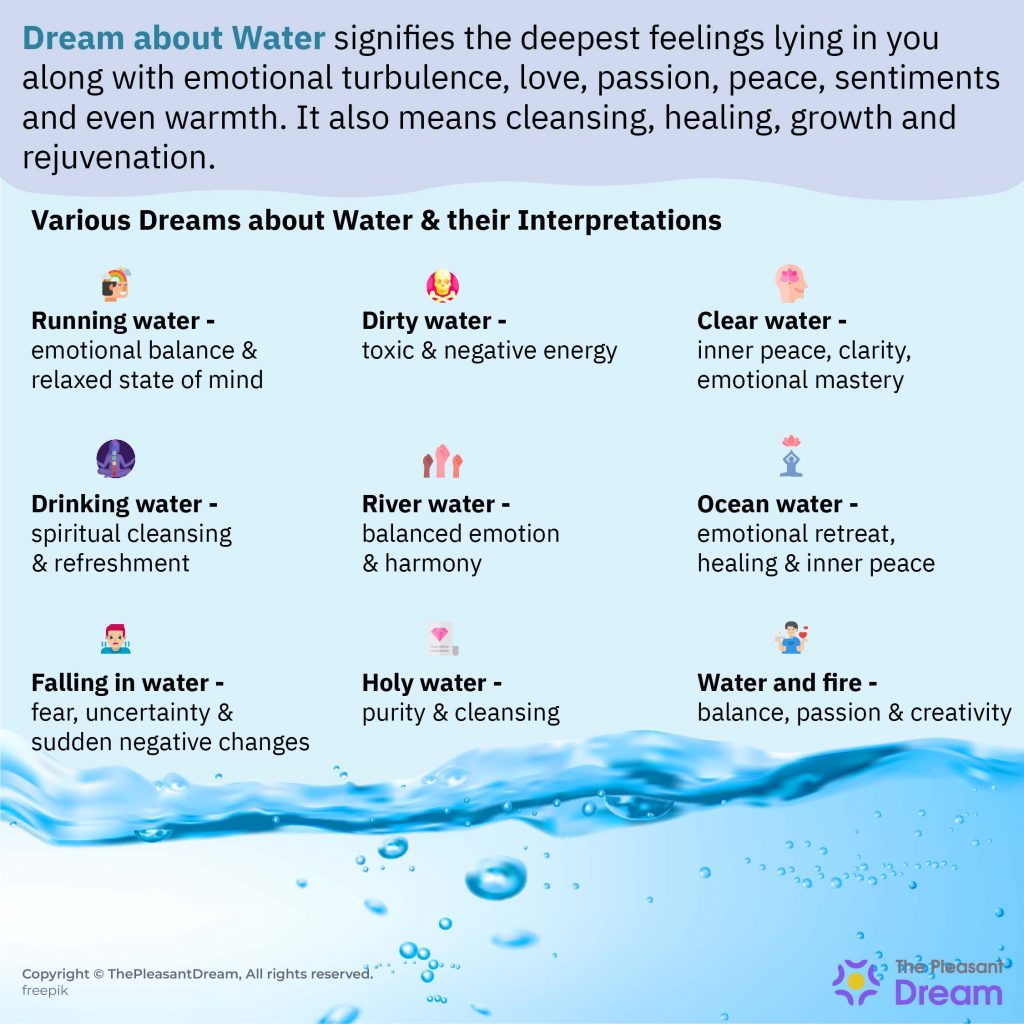
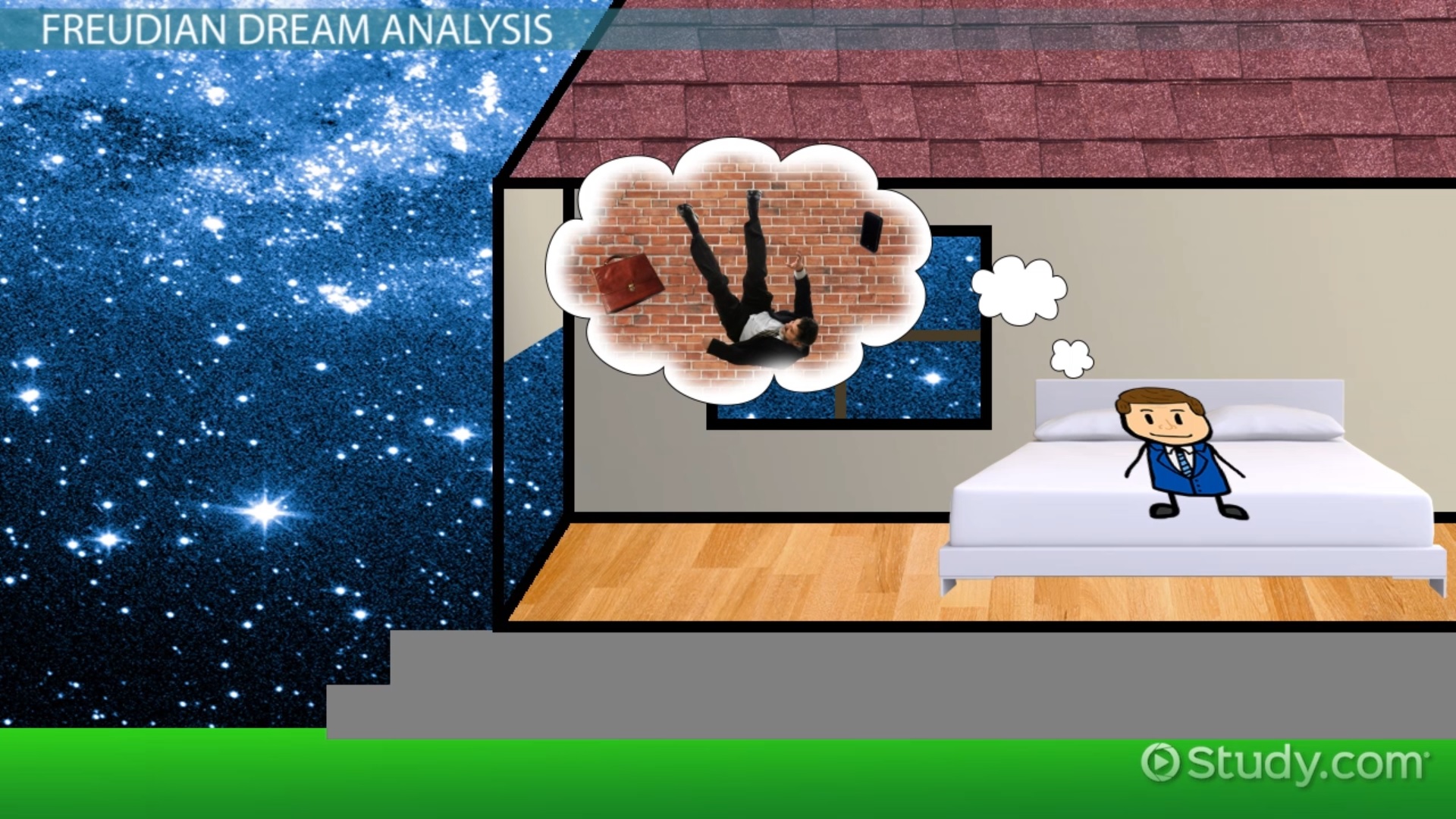
- Dreams: A sequence of images, thoughts, and emotions occurring during sleep.
- Screaming: A loud, forceful shout.
- Cannot Scream in Dreams: The inability of an individual to produce a loud, forceful shout in a dream.
Causes

Dream paralysis is the inability to move or speak during dreams. It is a common dream experience, and there are a variety of potential causes, including stress, sleep deprivation, and certain types of medication. It is also believed that genetics may be a factor, as some people are more prone to experiencing episodes of dream paralysis. In some cases, the cause of dream paralysis is unknown.
Treatment

Treatment of inability to scream in dreams should begin with understanding the underlying causes. If the cause is a physical or mental health condition, it may require medical attention. For example, if the cause is anxiety, a doctor may prescribe medication or psychotherapy. If the cause is a traumatic experience, a therapist may be able to help the person process their emotions and develop skills to cope with their distress. In some cases, lifestyle changes such as reducing alcohol or caffeine intake, avoiding stimulants, or getting more sleep may help reduce dream-related anxiety.
Lucid Dreaming

- Lucid dreaming is a state of consciousness where the dreamer is aware that they are dreaming.
- In a lucid dream, the dreamer can consciously control the dream and explore their dreamscapes, including the ability to fly, visit far-away places and interact with dream characters.
- Lucid dreaming is a powerful tool for self-exploration and personal growth, as it gives the dreamer the opportunity to confront and overcome fears, gain insight into their subconscious, and explore their wildest fantasies.
- It can also be used as a form of therapy, as the dreamer can explore their emotions and personal issues without the fear of repercussions.
- Although it is possible to scream in a lucid dream, it will not have the same effect as it would in a regular dream. Screaming in a lucid dream is more likely to be seen as a conscious action, rather than an involuntary reaction.
Definition


- Dream: A series of images, thoughts, and sensations occurring in a person’s mind during sleep.
- Scream: A sharp, loud, and usually high-pitched cry.
Techniques
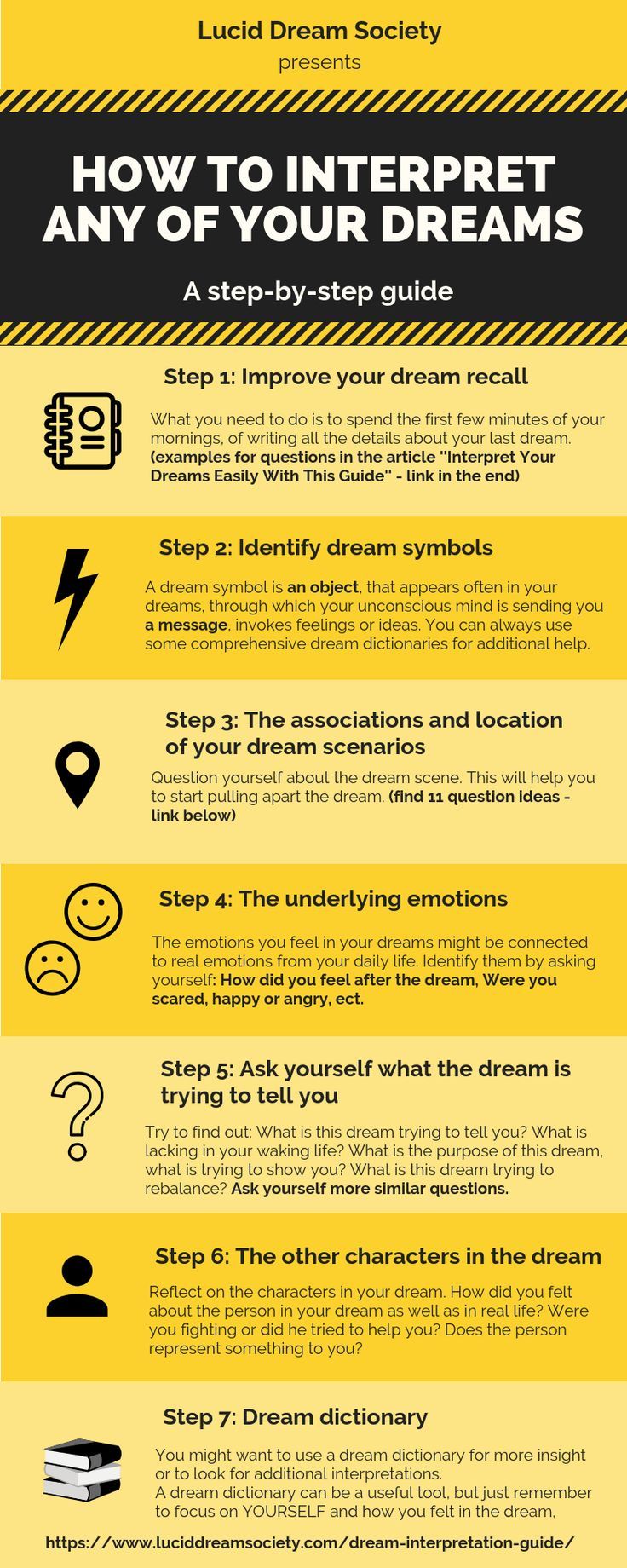
| Technique | Description |
|---|---|
| Breathing Exercise | Focusing on the breath can help to ease anxiety, allowing the dreamer to remain calm and take control of the dream. |
| Lucid Dreaming | The practice of becoming aware that one is dreaming, and then being able to control the dreamscape. |
| Visualization | Visualizing oneself in a safe place, away from the dream’s threats can help to regain control of the dream. |
| Reality Testing | Performing reality checks throughout the day can help to train the mind to distinguish between dreams and reality. |
Benefits
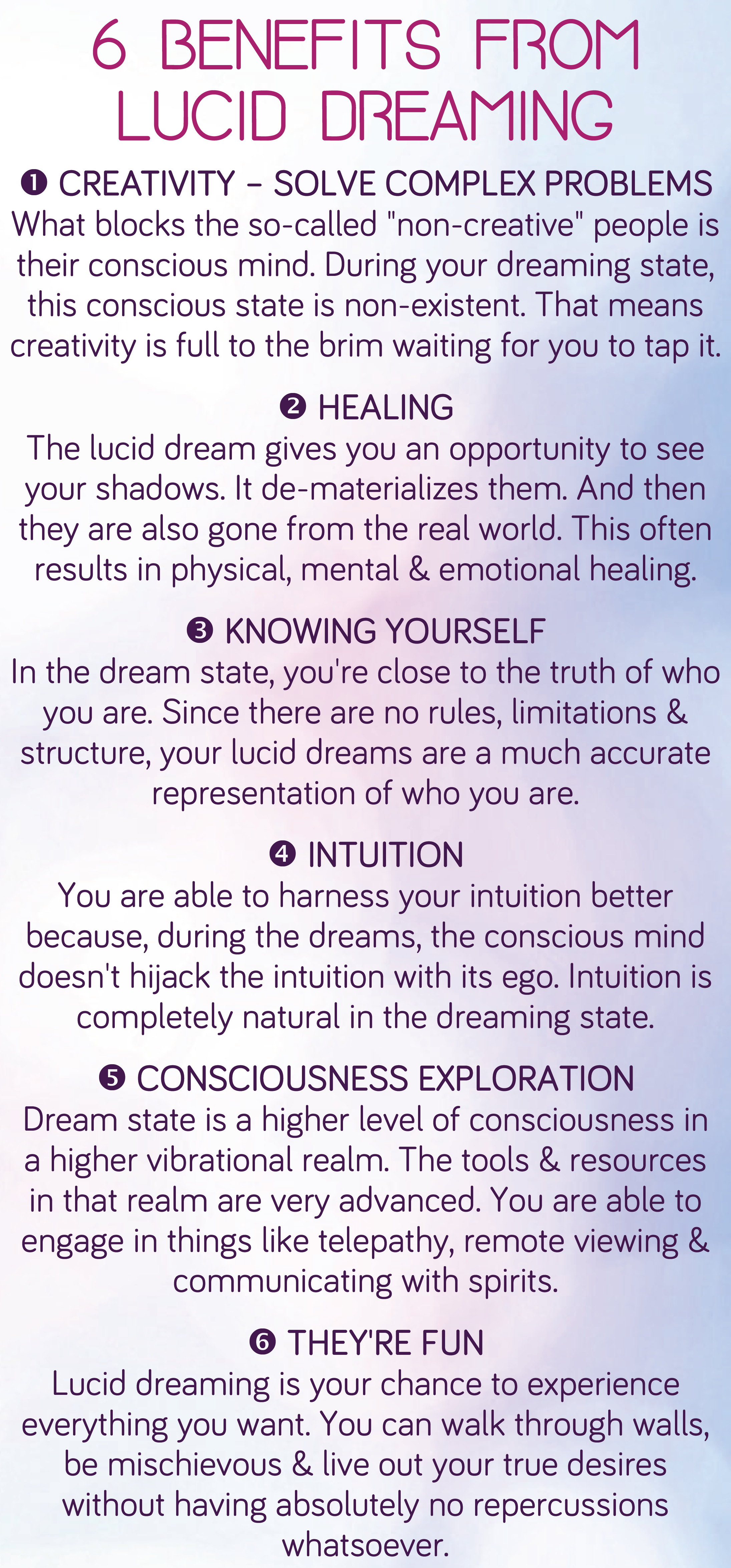
| Benefit | Description |
|---|---|
| Reduced Stress | Inability to scream in dreams can lead to reduced levels of stress since the person is unable to express fear or anxiety. |
| Better Sleep | People can experience better quality of sleep since they are not disturbed by nightmares or night terrors. |
| Reduced Anxiety | Since the person is unable to express fear or anxiety, the person can feel a sense of peace and security, leading to reduced levels of anxiety. |
| Increased Focus | The person may be able to focus better during the day as they have uninterrupted sleep. |
| Improved Memory | The person can experience improved memory since they are not experiencing any nightmares. |
Safety Concerns When Screaming in Dreams

The inability to scream or yell in a dream can be a frightening experience. It can leave you feeling powerless, alone and helpless. On the other hand, if you are able to scream in a dream, it can be a very intense and satisfying experience. However, before you decide to try screaming in your dreams, there are a few safety concerns that you should be aware of.
Physical Stress
Screaming in a dream can be physically stressful. It can increase your heart rate and place a lot of strain on your vocal cords and throat. If you suffer from a heart condition or other physical ailments, it is best to avoid screaming in your dreams. Additionally, you should always be mindful of your physical limits and be aware that screaming in a dream can put additional stress on your body.
Sleep Deprivation
The act of screaming in a dream can be quite loud and can disrupt your sleep. If you start to scream in your dream, it could keep you awake or cause you to wake up, which can lead to sleep deprivation. If you are sleep deprived, you may experience fatigue, irritability, and difficulty concentrating, all of which can negatively impact your daily life.
Fear
Screaming in a dream can be a scary experience. Not only can the act of screaming itself be frightening, but the fear of not being able to scream can be even more terrifying. If you find yourself in a dream where you are unable to scream, you may experience feelings of powerlessness and helplessness. Make sure you are prepared for this possibility before you attempt to scream in a dream.
Safety Precautions
If you decide to try screaming in a dream, there are several safety precautions that you should take. Make sure you are in a safe environment, such as your own bedroom, and that you are not disturbing anyone else. Additionally, be sure to practice safe vocal techniques, such as taking breaks and staying hydrated. Finally, if you experience any physical discomfort or fear during a dream, take a break and practice calming techniques.
Overall, screaming in a dream can be a powerful experience, but it is important to be aware of the potential risks. Be sure to take all necessary safety precautions to ensure that you are safe and comfortable while screaming in a dream.
Risk of Injury
Inability to scream during a dream can cause the dreamer to thrash around and injure themselves or someone else. Sleepwalking, while uncommon, can also occur, causing further injury. People may also experience physical pain following a dream in which they were unable to scream. In rare cases, this pain may be a sign of an underlying medical condition, such as a seizure disorder or cardiac arrhythmia. It is important for people to seek medical attention if they experience physical pain or injury following a dream in which they were unable to scream.
Risk of Disturbing Others
| Screaming in Sleep | Disturbing Others |
|---|---|
| When people are deep in sleep, they may start screaming which can be loud and sudden. | The loud screams can disturb those around them, particularly those in close proximity such as family members. |
| Screaming in sleep can be especially distressing for family members if it occurs regularly. | In extreme cases, it can affect one’s physical and mental health, leading to feelings of fatigue, frustration, and even depression. |
| It can also lead to strained relationships, as family members become increasingly frustrated with the lack of control over the situation. | This can lead to arguments, resentment, and potentially even separation. |
Frequently Asked Questions
What is the Meaning Behind the Dream Phenomenon of Not Being Able to Scream?
Dreams are a reflection of our innermost thoughts and feelings. The inability to scream in a dream can signify a feeling of helplessness or being overwhelmed. It can also represent a repressed fear that the dreamer is not able to express. In some cases, the inability to scream can be a sign of frustration or feeling constrained. Alternatively, it can be a sign of being too overwhelmed to express oneself.
How Can Understanding the Meaning Behind This Dream Phenomenon Help a Person in Their Waking Life?
Dreams offer insights and understanding into a person’s innermost thoughts and feelings which can provide valuable guidance to how they live their waking life. By understanding the meaning behind a dream phenomenon such as not being able to scream, a person can work to identify any underlying issues in their life which may be causing them distress. By recognizing these issues, they can take steps to address them and, in turn, improve their mental health and wellbeing. Furthermore, understanding the meaning behind dreams can help a person to identify and eliminate any negative thought patterns or behaviours they may have, ultimately allowing them to lead a more balanced and fulfilling life.
What are the Psychological and Physical Implications of Not Being Able to Scream in a Dream?
Dreams in which one cannot scream can be extremely disturbing and disorienting, leaving the dreamer feeling powerless and helpless. On a psychological level, not being able to scream in a dream can cause feelings of anxiety and fear, as well as a sense of being trapped. This can lead to feelings of dread and panic, even after awakening. On the physical level, not being able to scream can lead to difficulty sleeping, feeling exhausted, and muscle tension. This can be exacerbated when the dreamer has recurring nightmares that involve not being able to scream.
What Can Be Done to Prevent This Dream Phenomenon from Occurring?
Practicing lucid dreaming and focusing on relaxing before bed can help reduce the prevalence of this phenomenon. Additionally, it is important to manage stress and practice good sleep hygiene in order to reduce the likelihood of nightmares and other dream-related issues. Avoiding caffeine, alcohol, and sleeping medications can also help. Increasing exposure to calming activities such as breathing exercises, yoga, and mindfulness during the day can reduce the chances of having a dream where one cannot scream. Finally, talking to a mental health professional can be beneficial for those who experience this phenomenon frequently.
How does the inability to scream in a dream symbolize an individual’s emotional state?
The inability to scream in a dream signifies a feeling of helplessness and frustration. It symbolizes an individual’s inability to express their fear and anxiety in the dream state. It is often interpreted as a sign of being overwhelmed or feeling powerless in the face of a chaotic situation. This sense of helplessness and lack of control can often be an indication of internal emotional distress in the individual.
Conclusion
The inability to scream in dreams is an interesting phenomenon that has been studied by psychologists for decades. While there is no definitive answer as to why this phenomenon occurs, some theories suggest that the dreamer is unable to vocalize their distress or fear due to the dreamer’s own mental blocks or a heightened sense of fear. Others suggest it is the body’s natural defense mechanism that prevents the dreamer from waking themselves up from the dream. Whatever the cause, this phenomenon is an important one to understand in order to better comprehend the inner workings of the mind.

